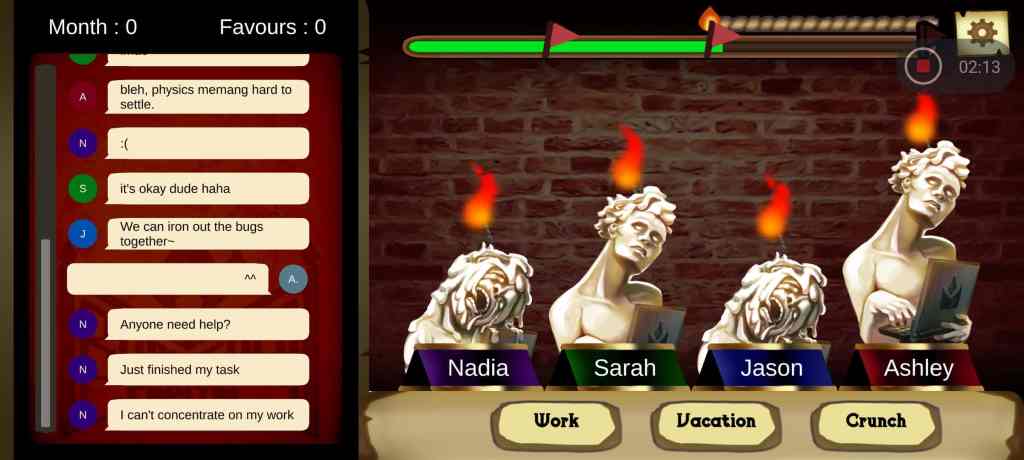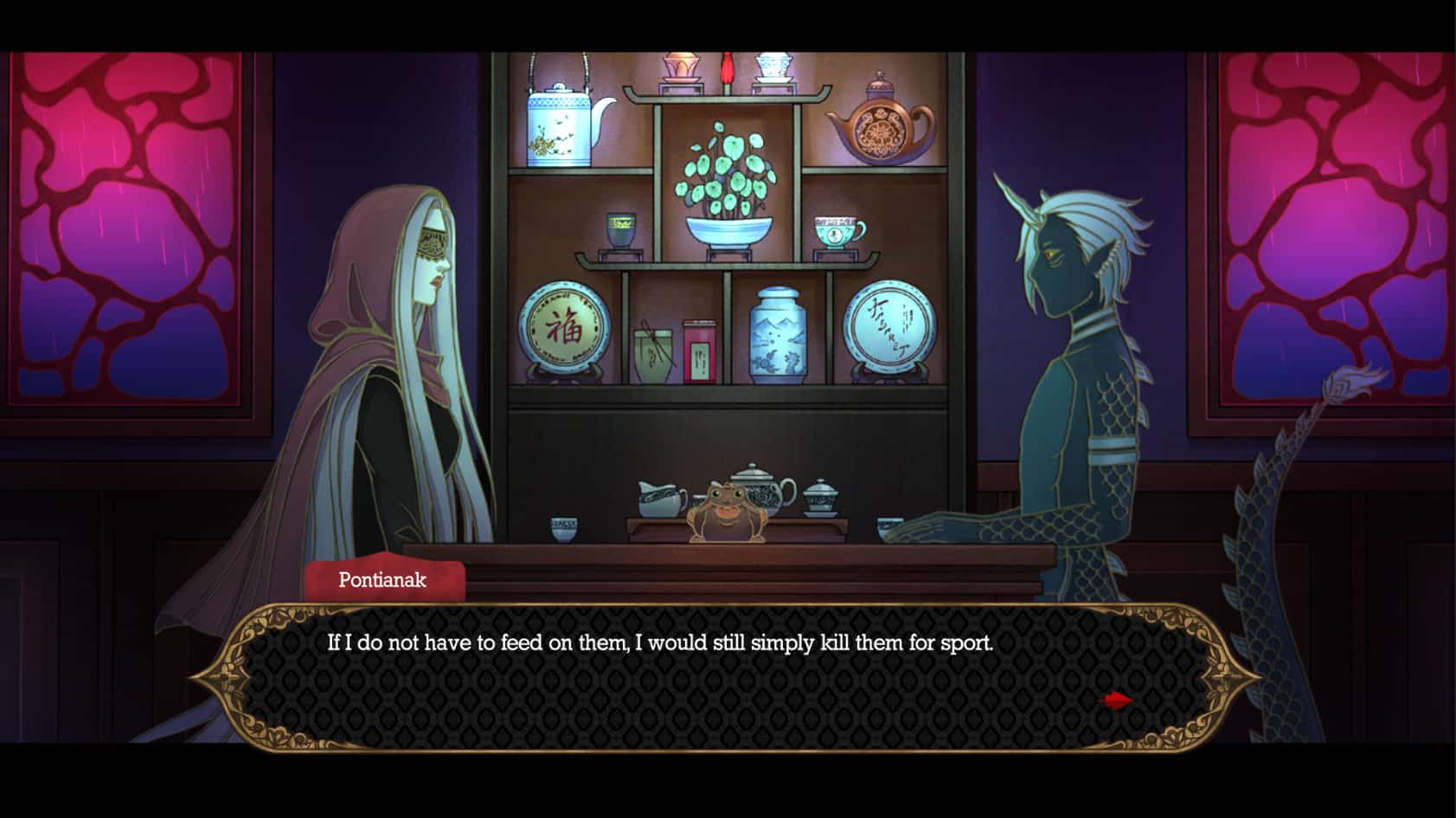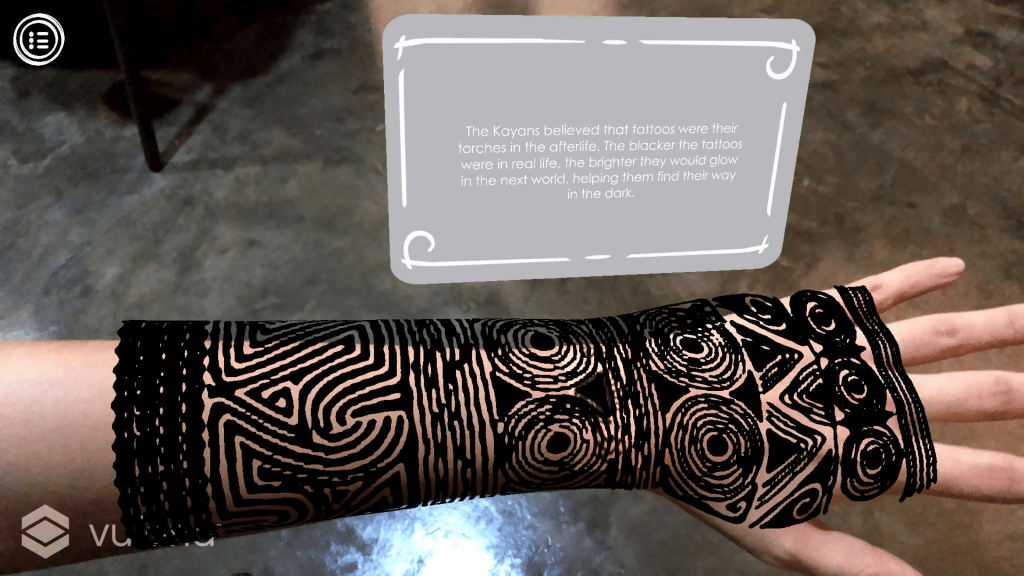More commonly known for its delicious cuisine and tropical tourism, Malaysia is one of many South East Asian nations that are becoming a force to be reckoned with, as far as video games are concerned.
This comes at a time when big players in the industry have already been making moves into the region. In October 2020, Sony opened the PlayStation Worldwide Studios Malaysia. The Malaysian delegation to Tokyo Games Show 2022 reported a fruitful experience, with the Malaysia External Trade Development Corporation (Matrade) announcing generated export sales of RM 124.67 million (AUD $41.2 million) for new games, publishing, and co-development. Microsoft showed interest in the region in April 2022, launching PC Game Pass to South East Asia, including Malaysia.
These are clear indicators that brands are not only cultivating the player base of the region, but there is also a genuine interest in Malaysian-made games and their respective IPs.
The Games for Change – Malaysia panel at Melbourne International Games Week 2022 discussion rounded off all of these headlines through insightful anecdotes and proof points from prominent people in the country’s burgeoning industry. Attending parties included Saqina Latif, Managing Director of Persona Theory Games, Suan Goh, Co-Founder of CTRL-D Studio, Jun Shen Chia, Xbox Global Expansion Incubator manager and Stephanie Kee, Project Manager of Games Bagus (part of Biji-Biji Initiative). Moderating the mix was Arief Johan, Content Creator and SEA games advocate who facilitated the conversation and provided the gamer’s perspective to these industry leads.
Human Stories Through Technology
Not all Malaysian-made games are narrative-driven and root themselves in the cultural and historical framework of the country. But many are taking the opportunity to utilise games as a medium to increase Malaysian representation at a global level.
For Persona Theory Games, this desire has been encoded in their studio ethos, with many members of the team coming from filmmaker backgrounds. Their first studio game, Fires at Midnight is a visual novel that covers themes unique to the Malaysian youth, such as generational trauma and economic struggle.

Games Bagus, a Kuala Lumpur-based game jam that took place in May this year had the goal of empowering Malaysian game creators to produce socially conscious games. BurntOut Capital by Team Candle Lah Brah was one such game, where players take the role of a project manager in a game development company that balances meeting deadlines with the work/life balance of the Candles (team members).
By utilising the striking candle imagery, challenging project briefs, and the incessant messaging system between colleagues, BurntOut Capital was able to showcase the slippery slope of small bad decisions ultimately leading towards crunch and the human costs associated with that.
Of Limitations and Solutions
Despite the strong headway the country, as a whole, is making in game development, the panelists were still cognisant of the limitations which are sometimes geographical, and sometimes financial.
As part of a creative technology studio based out in Sarawak, Suan Goh was candid about the challenges of being so far away from the capital where most of the game dev activity tends to occur. She cited time and monetary restrictions which make it particularly difficult for indie developers to fly into Kuala Lumpur, simply to attend an event.
Part of the solution came through one of the rare silver linings of the pandemic: the move towards online, virtual events which allowed Borneo-based game developers to feel much more involved. Even as the pandemic lessens its hold on in-person activities, event organisers do seem to be more cognisant of physical distances, and are bringing hybrid options to the fore. Another path forward that Suan and other game devs saw was by having an ‘I’ll do it myself’ mentality and cultivating their own hyperlocal community. This came to life at the first game jam organised by the Sarawak Game Development Community (SwkGDC) in 2022 with the theme of ‘cowardly culture’.
While active steps at a grassroots level are more than welcome, Jun Shen spoke about how he’d like to see some of these movements institutionalised, recognised, and provided with the tools needed to support the ecosystem. Accessibility to game publishing still remains a barrier for budding developers to enter the industry.
But the biggest and most impactful change will have to come from gaming giants which have the resources to lift up smaller players in the industry. This can take the form of programs such as ID@Xbox, which allow independent videos game developers to self-publish titles for Windows and the Xbox console ecosystem.
Understanding Intent
Having Malaysian developers and studios telling Malaysian stories means we’re already at least halfway there with preserving cultural integrity. As people who are born, grow, and continue to live the experience, Malaysians are at least more cognisant of any biases because they are living in the context that the game is being created in.
But it was humbling to see that even these studios do not see themselves as the gatekeepers of the country’s lore and heritage. By working with local communities, the studios are able to make the all-important distinction between providing a voice, and being the voice.
Persona Theory is currently working on Kabaret, a game that explores Southeast Asian myths and folklore through traditional craft and classic games from the region. While pitching the idea proved challenging – even in Malaysia – this did not hinder the studio from seeking out experts and practitioners of Mak Yong and Kuda Kepang, traditional Malaysian dances that are part of the studio’s research for the game.

The relationship between the Borneo States of Malaysia and Peninsular Malaysia is a complex one that dates back to the time of the country’s independence from British colonial rule. The aforementioned challenges about Sabah and Sarawak’s distance from the capital state are only amplified in the realm of cultural representation as the majority of Malaysia’s orang asal (Malay language for first people, some of the oldest inhabitants of the land), live in East Malaysia and are often forgotten.
Ctrl D Studio’s award-winning game, Ano: Journeys Through Tattoos is an augmented reality mobile game inspired by the traditional hand-tapped tattooing of Sarawak’s Indigenous Kayan community. Suan notes that they were strict about not stepping in as practitioners, but seeing themselves as tools to utilise immersive media for the Kayan tribe’s story.
Ultimately, culture and any aspect related to folklore and myths render the concept of ‘one single truth’ a fallacy. Multiple interpretations and stories passed down by word of mouth make accuracy difficult to achieve. What separates the advocates from the adversaries is having the right intention in incorporating culture into their games.

‘Are you making your game as an effort towards cultural representation or are you exploiting a culture for personal gain?,’ questioned Saqina. ‘In film, we call it “director’s intention” where the purpose and the feelings of the director can be conveyed through the film they are crafting. This can be felt through a game as well,’ they said.
With a mix of student and academic level programs, indie developers, and gaming behemoths all located in or in close proximity to the ‘Truly Asia’ destination, we’ll likely see many interesting years to come from Malaysia. But consistency and sustainability will be key to ensuring progress continues to be made, and the seeds sown in the country will sprout and grow.





